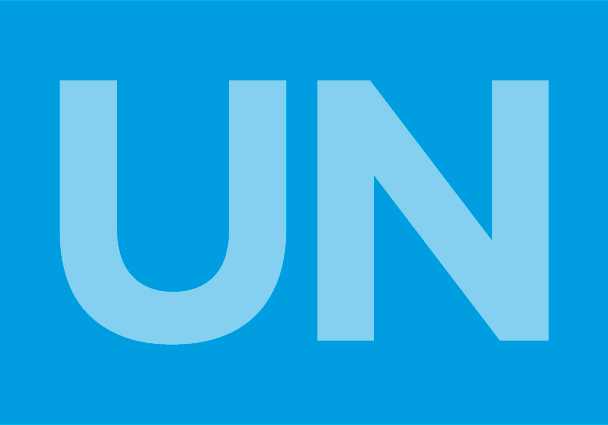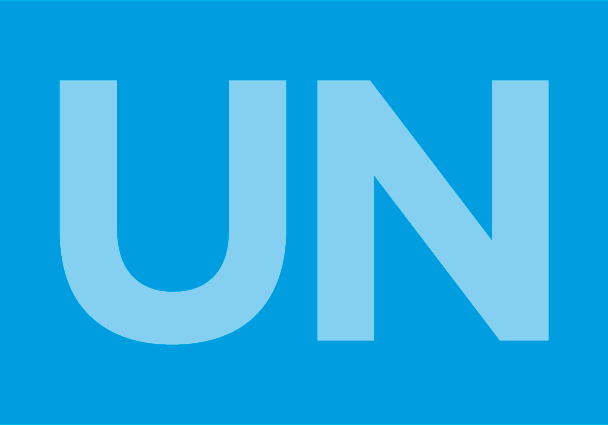 ICJ Intervention under Item 4 on the Human Rights Situations, that require Human Rights Council’s attention.
ICJ Intervention under Item 4 on the Human Rights Situations, that require Human Rights Council’s attention.
24 September 2007
Distinguished Mr. President, Ladies and Gentlemen,
Following the general debate, the International Commission of Jurists (ICJ) would like to focus on some of the numerous current human rights situations deserving Council’s action to prevent further violations and extend remedies to victims.
The situation in Sri Lanka has deteriorated since 2006, with violations of human rights and international humanitarian law by all parties to the conflict impacting on the lives of civilians. The ICJ is concerned by renewed violations of human rights and humanitarian law, by the security forces, with patterns of enforced disappearances, targeted killings of civilians and complicity in the recruitment of child soldiers. These violations are compounded by a pervasive culture of impunity in Sri Lanka. Moreover, the space for civil society has gradually shrunk. Appalling abuses continue to be carried out by the LTTE, such as recruitment of child soldiers, political killings, abductions and repression of the freedoms of expression, assembly and association. The ICJ calls on the Council to condemn abuses by the Government, LTTE and other non-state actors. As the conflict escalates, domestic human rights mechanisms have become insufficient to protect civilians. The ICJ calls on the Council to urge the Government of Sri Lanka to agree to the establishment of an OHCHR field presence, as an impartial and professional human rights presence would increase protection of civilians and enhance prevention of further violations.
Myanmar has embarked on the ‘second phase’ of its so called roadmap to democracy, following the endorsement of the thirteen constitutional principles to draft the constitution. However, the recent arrests and detentions of peaceful protestors and political opponents, and continued house arrest of Ms. Daw Aung San Su Kyi, run counter to any serious constitution-drafting and democratization process. The ICJ remains concerned by continued violations and further restrictions on freedom of expression and assembly, forced labour, and vast internally displaced persons and refugee populations. The ICJ calls on the Council to urge, at this session, the SPDC Government to cease these violations of human rights, begin an inclusive process towards democracy and invite the Special Rapporteur and Secretary-General’s Special Envoy for Myanmar to monitor the human rights context of the roadmap and its implementation.
In Zimbabwe, the ICJ has been concerned most recently about the escalation of attacks on and harassment of lawyers and continuing intimidation of the courts. Internally displaced persons continue to suffer the consequences of forced evictions and are denied reparations for destruction of their homes. The ICJ urges the Council to request the Special Rapporteurs on freedom of expression and independence of judges and lawyers and the Secretary-General_s Representative on internally displaced persons to address the situation in the country.
In the United States, the policy of renditions and of counter-terrorism detentions outside US territory, at Guantanamo Bay, in Afghanistan and in secret detention centres, has led to serious violations of human rights, including “disappearances”, arbitrary detention, and torture and inhuman or degrading treatment. The policy, underpinned by the Military Commissions Act 2006, severely restricts the ability of detainees to hold US officials accountable for violations of their rights at detention facilities outside US territory. Only a minority of detainees will face trial: those who do will be tried by tribunals failing to meet international standards of independence and due process. The Human Rights Council should condemn these violations and call for a co-ordinated plan by the United States to end overseas counter-terrorism detentions.
Mr. President, the ICJ hopes that the Council will address if not all, then at least the most egregious human rights situations.
I thank you.
ICJ intervention require attention-Open letters-2007 (full text, PDF)

